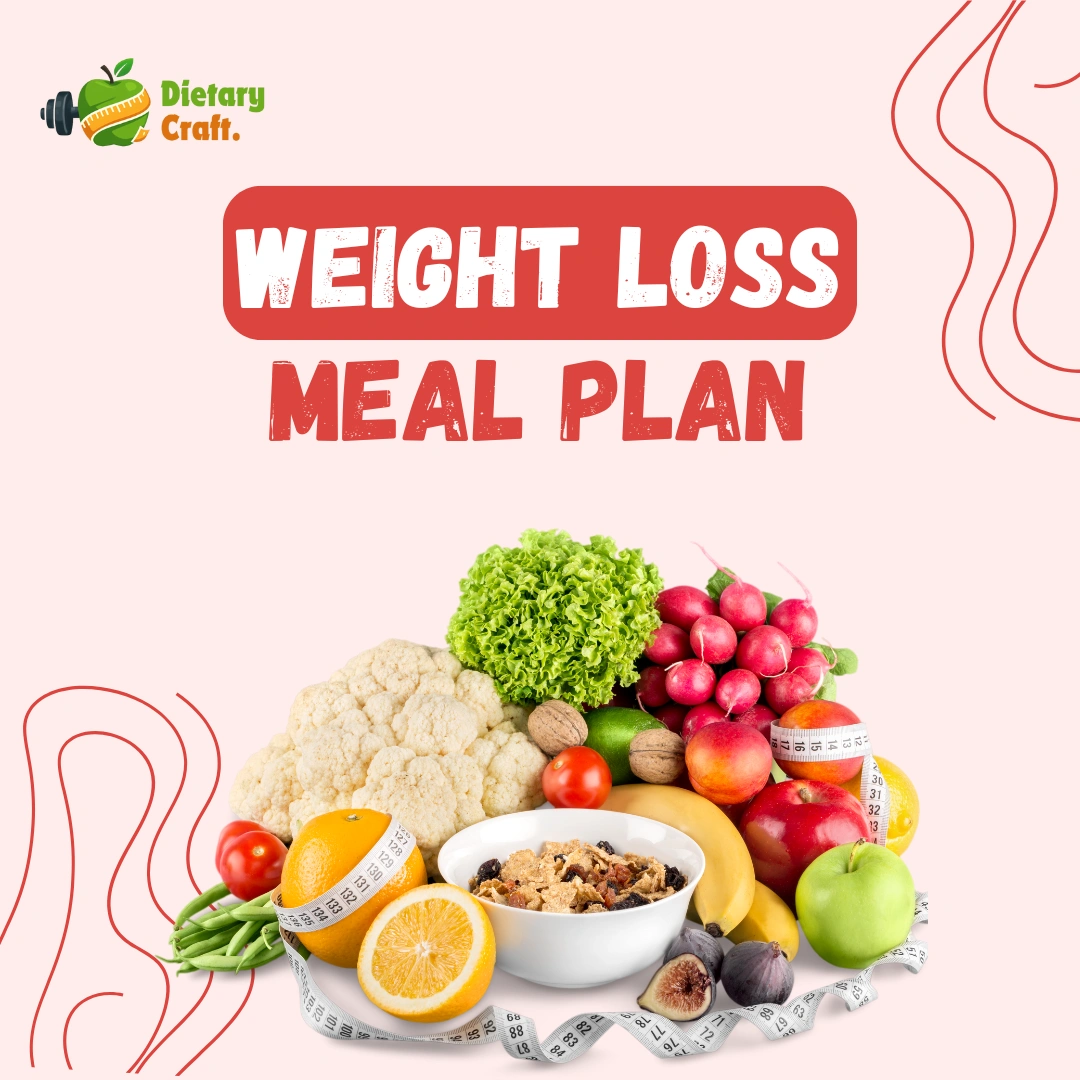If you’ve been eating clean, exercising consistently, and still struggling to lose weight, your blood sugar could be the missing link. Many people focus on calories, macros, or exercise routines—yet completely overlook how fluctuations in blood sugar affect metabolism, hunger, fat storage, and hormonal balance.
In this article, we’ll uncover how blood sugar swings silently sabotage your weight loss efforts—and what you can do to stabilize them for long-term fat loss.
What Are Blood Sugar Swings?
Blood sugar swings refer to rapid spikes and drops in glucose levels after eating. These fluctuations are typically caused by:
- High-sugar or high-carb meals
- Processed foods with little fiber
- Skipping meals or long fasting periods
- Excess caffeine or emotional stress
When blood sugar rises sharply, your pancreas releases a surge of insulin, a hormone that moves glucose into your cells. The faster the spike, the more insulin is released—and this has a direct impact on fat storage.
Transform Your Body in 4 Weeks!
Join our weight loss program today
- Personalized Meal Plan
- Daily Follow-up
- Weekly Grocery Lists
- 24/7 WhatsApp Support
- Educational Resources

Why Blood Sugar Swings Stall Fat Loss
1. Insulin Shuts Down Fat Burning
Insulin is an anabolic storage hormone. When insulin levels are high, your body stops breaking down fat and switches into storage mode.
Frequent spikes in insulin—especially from sugar and refined carbs—prevent your body from accessing stored fat for energy, even if you’re in a calorie deficit.
2. Blood Sugar Crashes Trigger Cravings
After a spike, glucose levels often drop rapidly, causing a crash. This leads to:
- Intense hunger
- Cravings for sugar or carbs
- Irritability and brain fog
- Overeating at the next meal
These swings make you feel hungrier than you actually are, leading to frequent snacking and emotional eating that sabotages weight loss.
3. Unstable Blood Sugar Affects Hormones
Frequent fluctuations disrupt key weight-related hormones, including:
- Leptin (fullness hormone)
- Ghrelin (hunger hormone)
- Cortisol (stress hormone)
- Insulin (fat storage hormone)
Over time, this hormonal chaos causes fat to accumulate—especially around the belly.
Signs Your Blood Sugar Is Unstable
You don’t need to be diabetic to experience blood sugar issues. Common signs include:
- Energy crashes after meals
- Midday fatigue
- Intense cravings (especially for sweets)
- Shakiness or lightheadedness between meals
- Irritability if meals are delayed
- Constant hunger despite eating often
If these symptoms sound familiar, your glucose regulation may be interfering with your fat loss efforts.
How to Stabilize Blood Sugar for Better Fat Loss
1. Build Balanced Meals
Every meal should include:
- Protein: eggs, fish, tofu, legumes
- Healthy fats: nuts, olive oil, seeds
- Fiber-rich carbs: sweet potatoes, lentils, oats
- Non-starchy vegetables: spinach, broccoli, zucchini
This slows digestion and reduces post-meal glucose spikes.
2. Never Eat Carbs Alone
Eating carbs without protein or fat causes sharper blood sugar spikes. Always pair fruits, bread, or grains with a source of fat or protein to slow absorption.
Example:
- Instead of plain toast → add avocado or nut butter
- Instead of fruit alone → pair with yogurt or a boiled egg
3. Eat at Regular Intervals
Skipping meals or long fasting periods can lead to blood sugar crashes. Eat every 3–5 hours to maintain stable energy and avoid insulin spikes from overly large meals.
4. Walk After Meals
A 10–15 minute walk after eating helps lower blood sugar naturally by promoting glucose uptake into muscles—reducing insulin demand.
5. Manage Stress
Cortisol (your stress hormone) increases blood glucose levels, even without eating. Chronic stress can mimic the effects of a sugary meal.
Use calming habits like:
- Deep breathing
- Journaling
- Time outdoors
- Meditation or prayer
6. Prioritize Sleep
Sleep deprivation causes insulin resistance and increases sugar cravings. Aim for 7–9 hours of quality sleep per night to improve blood sugar regulation.
Foods That Spike Blood Sugar Quickly
Be mindful of foods that cause sharp glucose spikes, especially when eaten alone:
- White bread and pasta
- Sugary cereals and granola bars
- Fruit juices
- Pastries and baked goods
- Soda and sweetened drinks
- Processed snacks (chips, crackers, biscuits)
These should be limited—or balanced with fiber, fat, and protein to blunt their impact.
Final Thoughts
Weight loss isn’t just about calories—it’s about how your body processes those calories. If your blood sugar is constantly rising and crashing, your fat-burning ability is compromised—no matter how hard you train or how clean you eat.
By stabilizing your blood sugar through:
- Balanced meals
- Meal timing
- Activity after eating
- Stress and sleep management
…you’ll unlock your body’s ability to burn fat more efficiently, curb cravings, and feel more energized throughout the day.
Small shifts in how you eat and live can make a big difference—especially if your results have plateaued despite your best efforts.
Frequently Asked Questions (FAQs)
Can I have blood sugar swings even if I’m not diabetic?
Yes. You can have insulin resistance or glucose intolerance without a diabetes diagnosis. Many people experience symptoms without realizing their blood sugar is unstable.
Will cutting carbs fix blood sugar problems?
Not necessarily. It’s about the type of carbs and how you eat them. Whole-food, fiber-rich carbs can be part of a balanced diet when paired properly.
Should I completely avoid sugar?
Not entirely. Occasional sugar is okay—but it should be balanced with protein and fat, and consumed mindfully. Avoid spikes caused by processed sugars.
Is fasting bad for blood sugar?
Fasting can benefit blood sugar in some people. However, if you experience energy crashes, irritability, or binge eating after long fasts, it may not be suitable.
How quickly can I see results from balancing blood sugar?
Many people notice better energy and fewer cravings within 3–5 days. Visible fat loss results often follow within 2–3 weeks of consistency.
